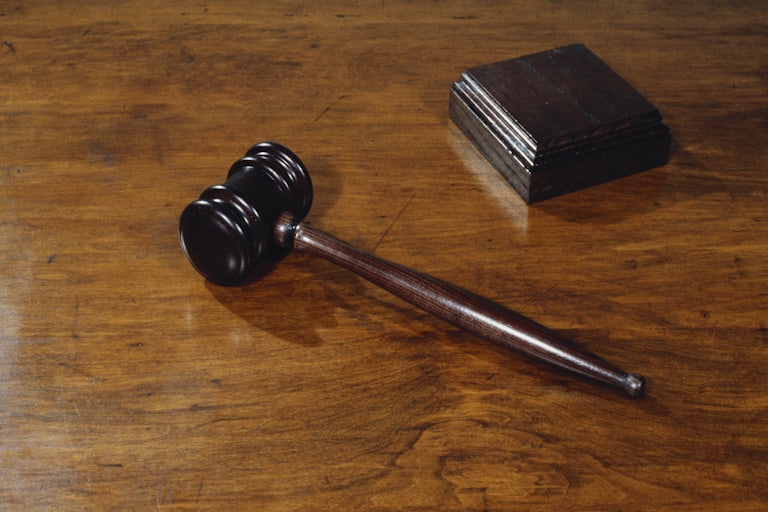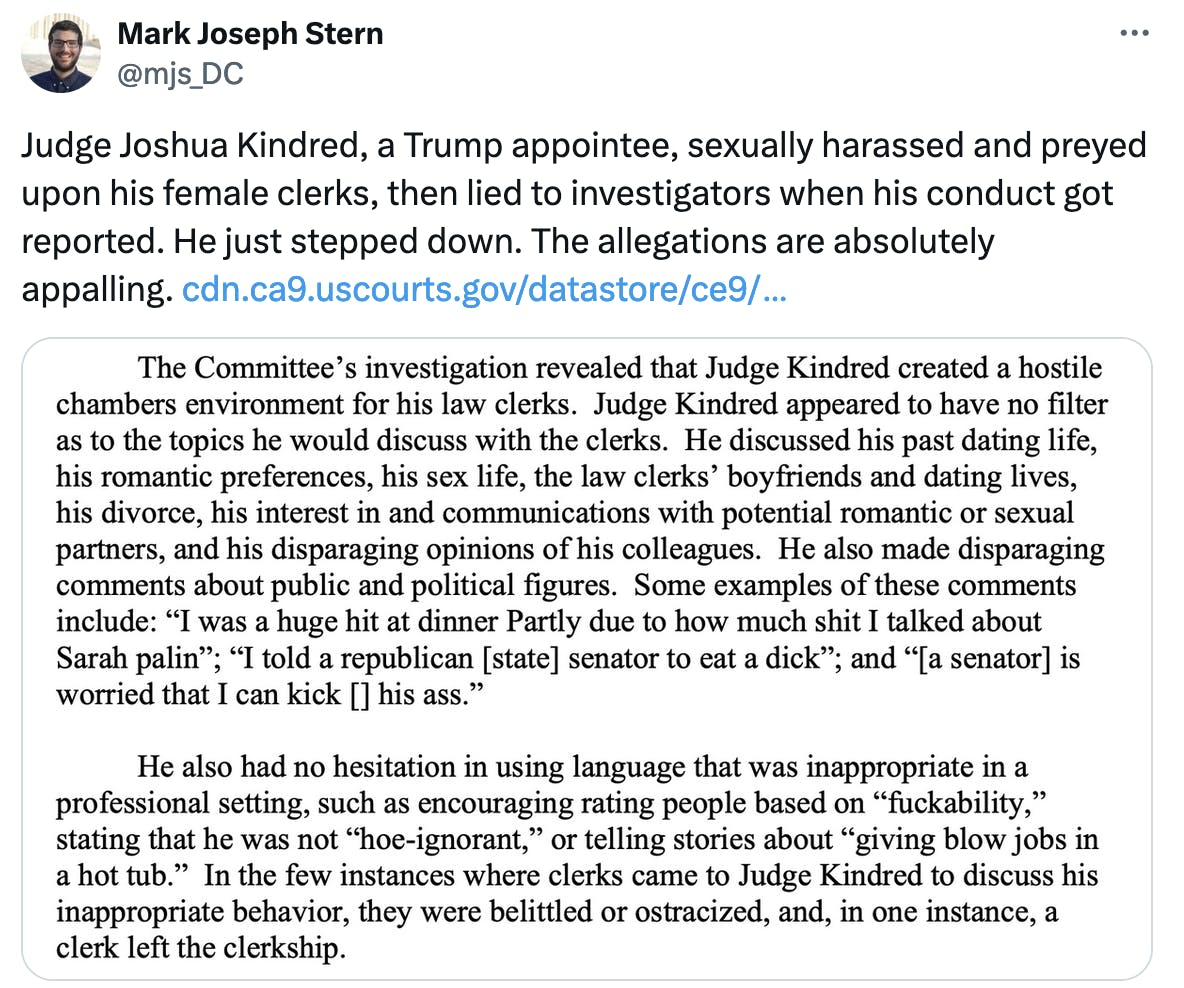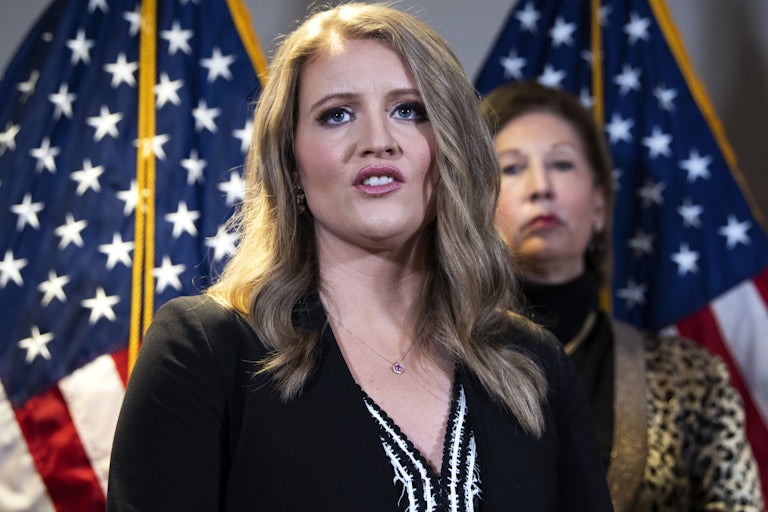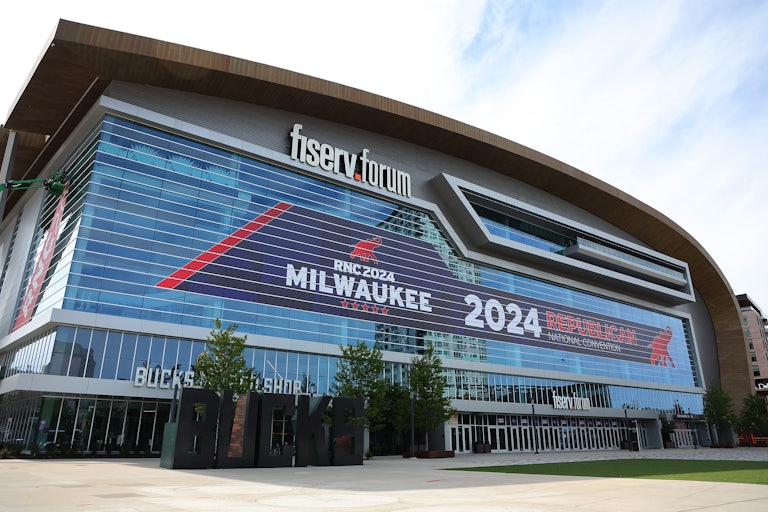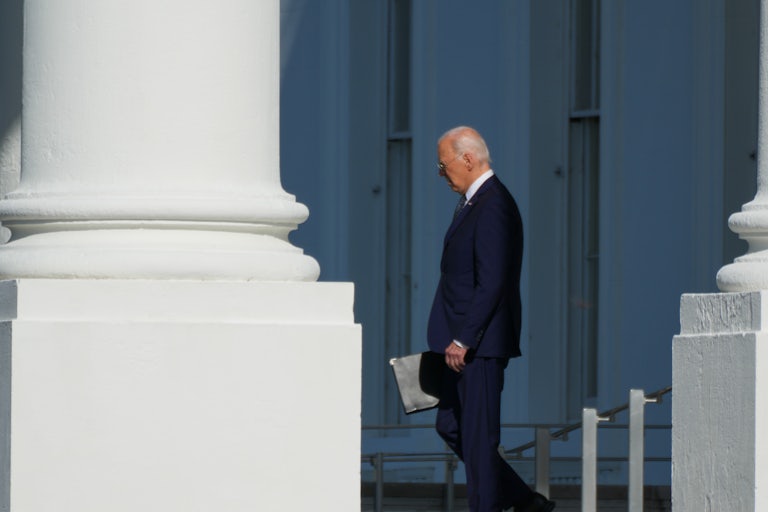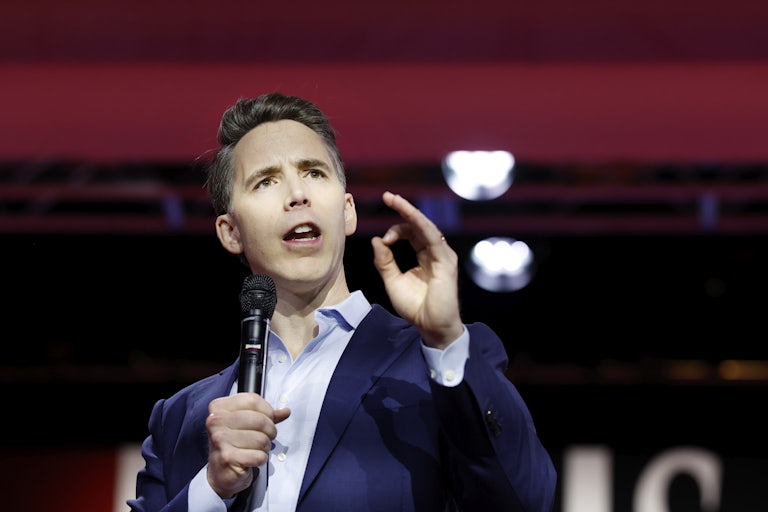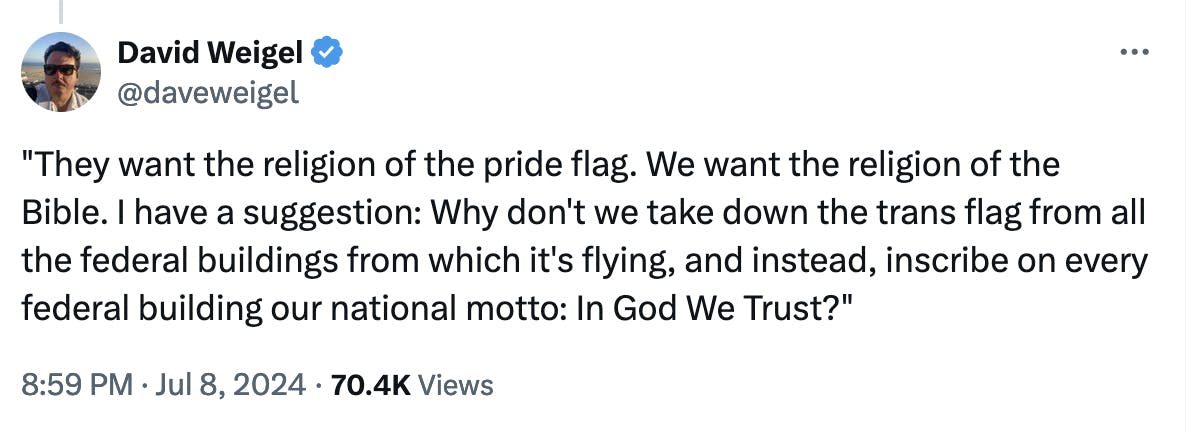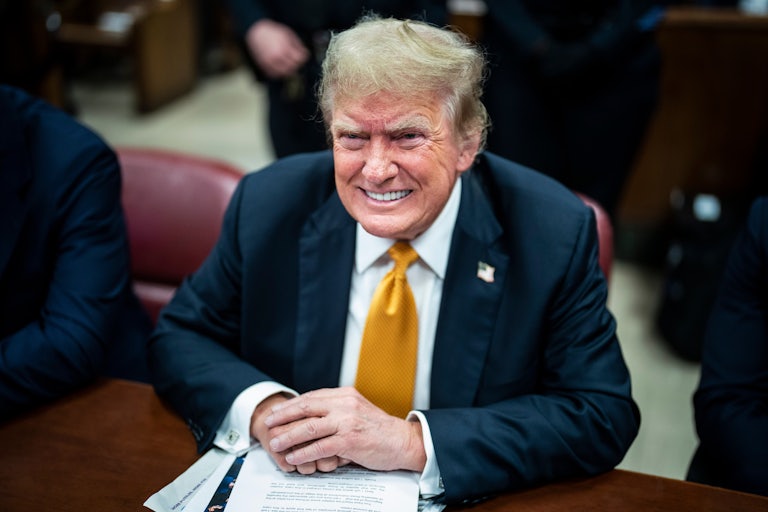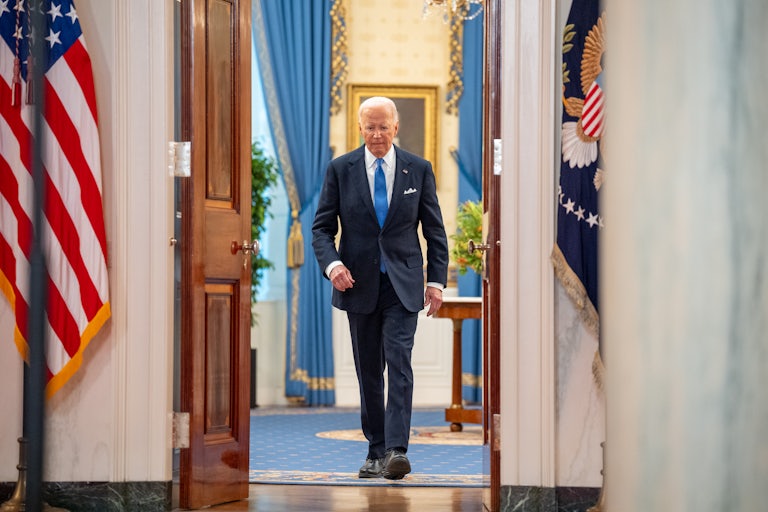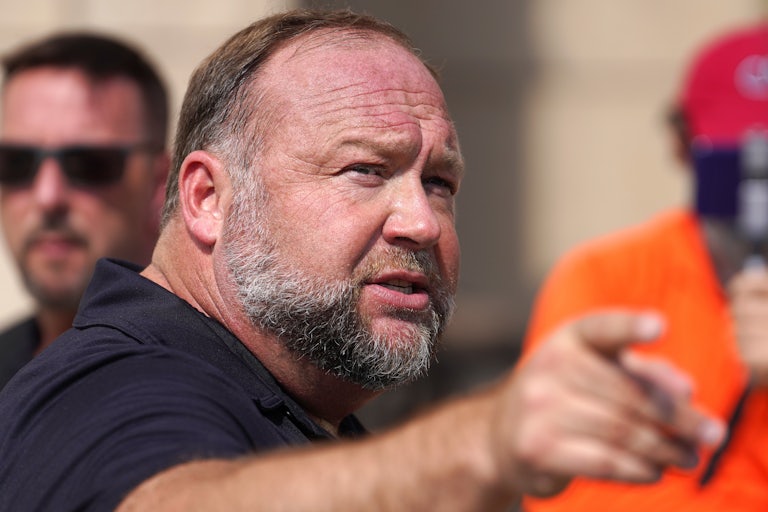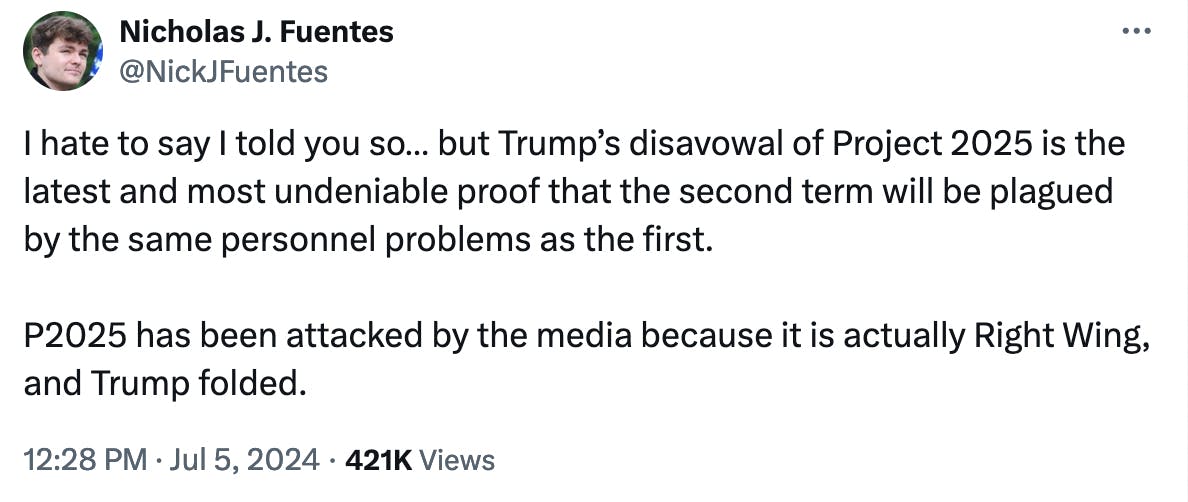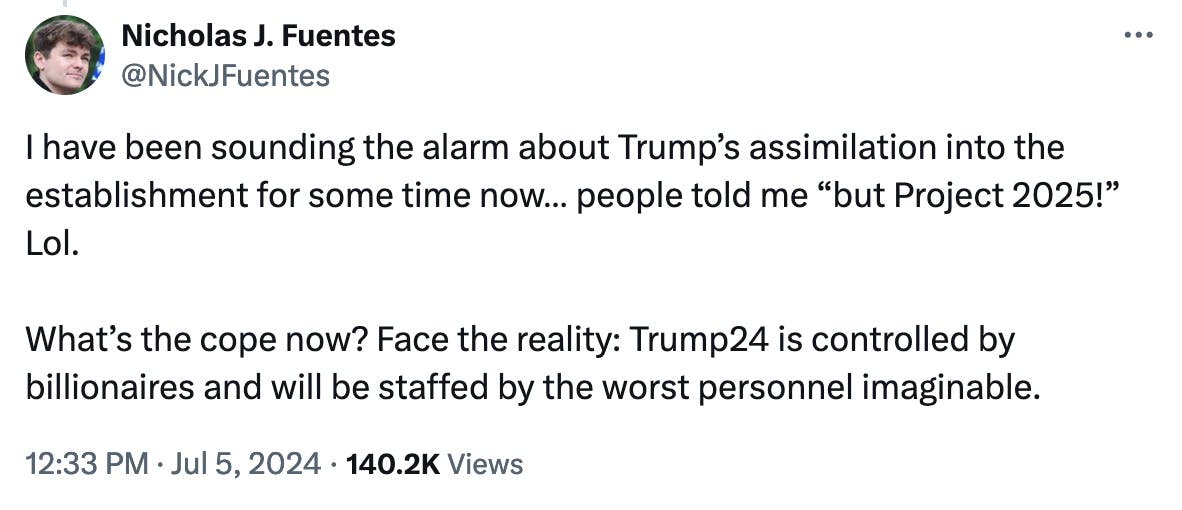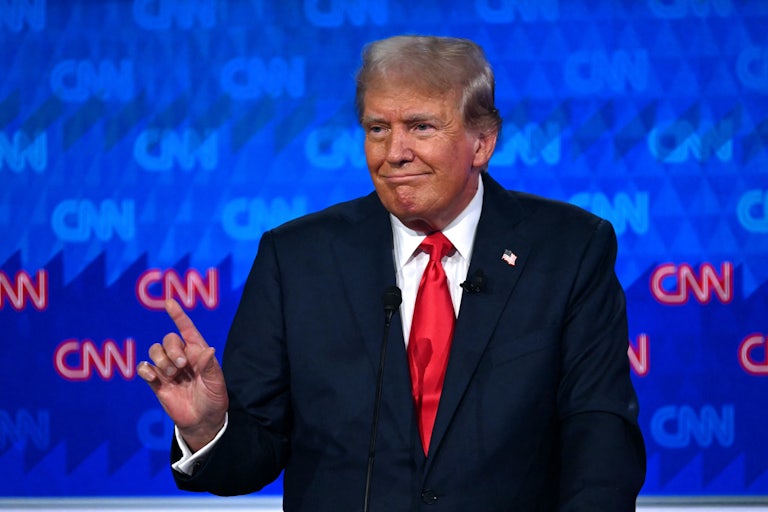How Trump Plans to Crush Jack Smith Before the Election
Donald Trump is trying to avoid facing any consequences before the election for his actions during the January 6 attack.
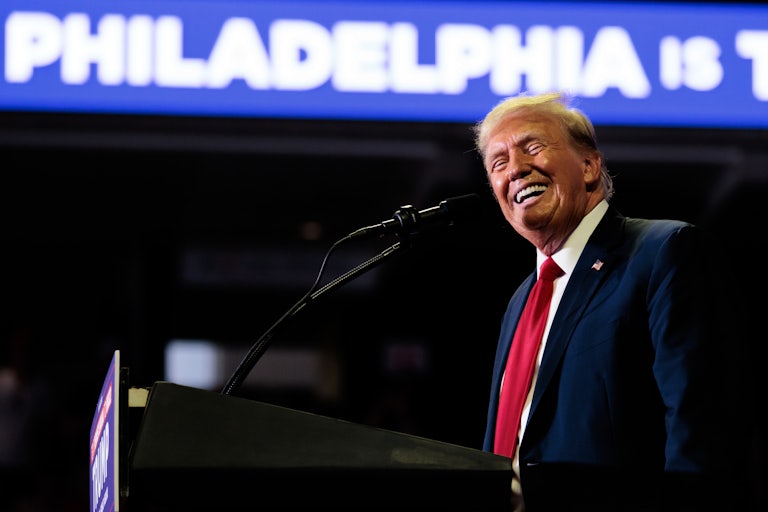
Donald Trump is expected to take a hatchet to any potential “mini-trials” shooting off of the effectively dead D.C. trial, using the legal system to block any potential ramifications from his efforts to overturn the results of the 2020 election.
The sudden move to suppress any potentially damaging efforts would be the final nail in the coffin for special counsel Jack Smith’s case against the former president, after the Supreme Court ruled in favor of Trump’s presidential immunity argument last week.
That decision opened the door for U.S. District Judge Tanya Chutkan to hold evidentiary hearings to determine which acts in the indictment can survive the high court’s new legal parameters for the case.
But those expanded powers could challenge a sizable portion of the witness pool, according to The Guardian, which noted that if Smith attempted to call former Vice President Mike Pence or White House officials to testify during the hearings, Trump’s legal team could potentially claim executive privilege and shut it down. That would radically limit the scope of who could challenge the former president—and what they might be allowed to say.
A Trump campaign spokesman declined to comment on the potential legal strategy to The Guardian, but in a statement commented that “the entire January 6th case has always been just a desperate, un-constitutional attempt by the Biden Crime Family and their weaponized Department of Justice to interfere with the 2024 Presidential Election. The only thing imploding faster than the Biden campaign is Deranged Jack Smith’s partisan hoaxes.”
Smith’s case has already been kneecapped by the Supreme Court ruling. The case hinges on the allegation that Trump knew he had lost the election but still tried to subvert the results, as proven by conversations he had with Pence and his lawyers. But the court ruled that those conversations could be considered official acts and are therefore inadmissible as evidence.
